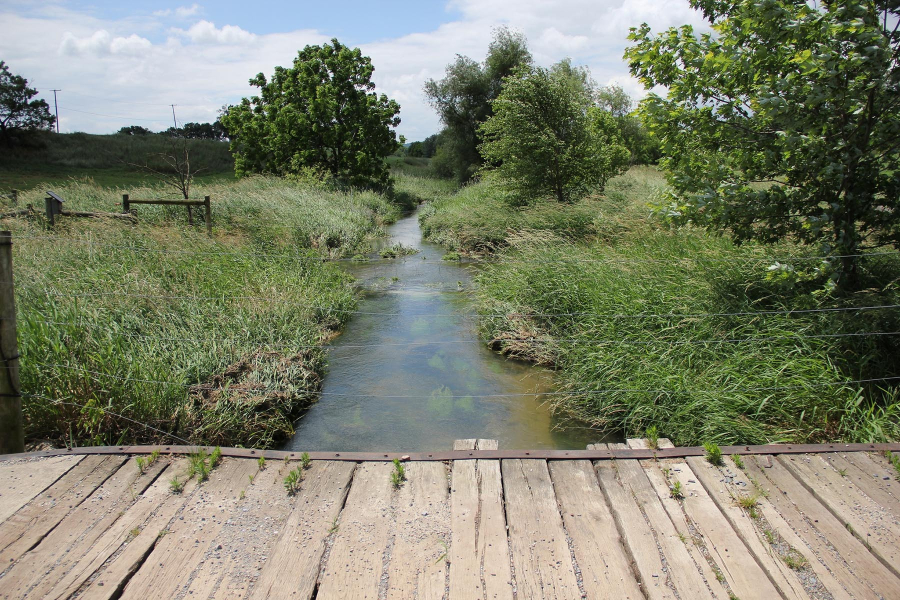Bay restoration projects to receive $24.3 million in grant funding
USDA's Regional Conservation Partnership Program awards conservation grants to nine projects in Bay region

Nine projects across the Chesapeake Bay watershed will receive $24.3 million in funding over the next two years as part of the Regional Conservation Partnership Program (RCPP), a program administered by the U.S. Department of Agriculture’s (USDA) National Resources Conservation Service (NRCS).
Four of the nine projects were funded through the Bay watershed’s designation as a critical conservation area—a region with significant agricultural production that faces concerns of water quality and quantity. The Chesapeake Bay watershed is one of eight critical conservation areas located throughout the country. Totaling $19 million in funding, the four multi-state projects focus on watershed-wide restoration, ranging from restoring wetlands and forest buffers to rewarding dairy and livestock producers who implement practices that limit runoff from their farms.
The remaining five projects—localized state and county conservation initiatives in Delaware, Maryland, Pennsylvania, Virginia, and West Virginia—will receive a total of $5.3 million in state-level RCPP funding.
The RCPP was established as part of the Agricultural Act of 2014—better known as the Farm Bill—and replaced regional conservation programs that were founded under previous Farm Bills, including the Chesapeake Bay Watershed Initiative (CBWI). Under this new program, qualified organizations, or “partners,” can propose projects that implement a variety of conservation practices on privately-owned farmland and forested areas.
Nationally, the 115 selected projects will receive an estimated total of $372.5 million in funding. A majority of available funds were allocated to state and national projects, while 35 percent went to projects in critical conservation areas. Nearly 70 percent of all funded projects address either water quality or availability, with the remaining projects addressing additional concerns such as wildlife protection, energy use and soil quality.
A complete list of funded projects is available on the NRCS website.

Comments
There are no comments.
Thank you!
Your comment has been received. Before it can be published, the comment will be reviewed by our team to ensure it adheres with our rules of engagement.
Back to recent stories